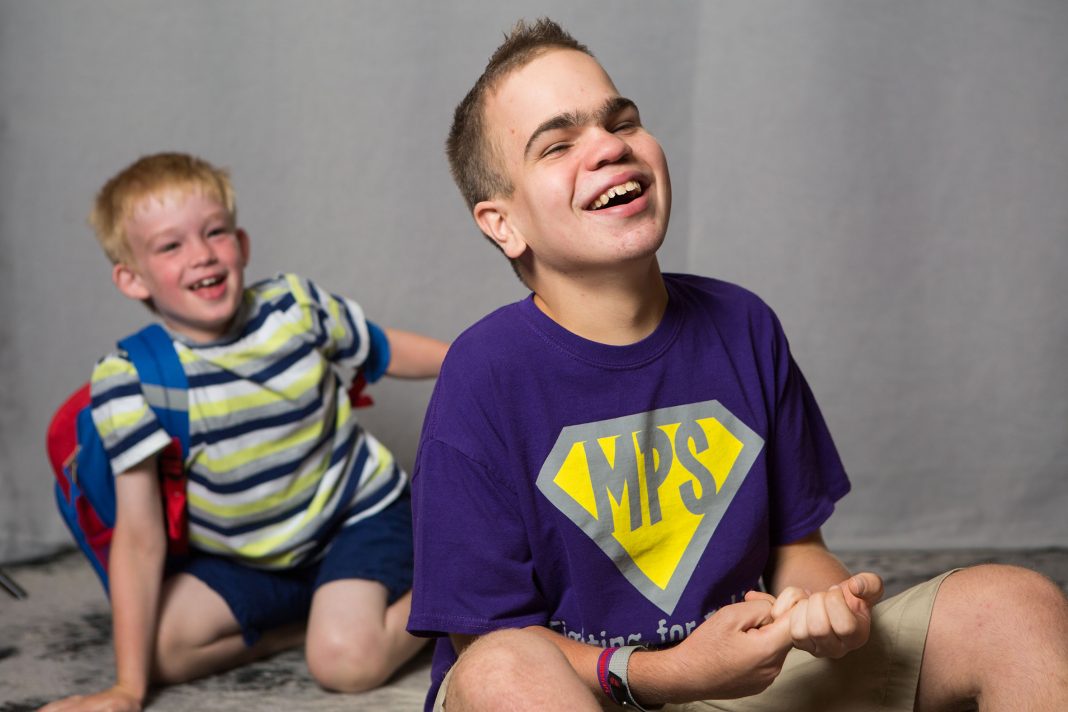Sarepta Therapeutics has acquired U.S. and other ex-European rights to Lysogene’s Phase II/III-bound Mucopolysaccharidosis type IIIA (MPS IIIA) gene therapy candidate LYS-SAF302, through a licensing deal that could generate more than $125 million for Lysogene, the companies said.
Sarepta will also retain option rights to an additional CNS-targeted gene therapy candidate under the companies’ agreement. Should both that candidate and LYS-SAF302 be developed, Sarepta’s portfolio would expand to as many as 14 gene therapy candidates.
“As with our other therapies targeted to serious, life-altering genetic diseases, we share with Lysogene a sense of urgency and a deep commitment to see this program through to fruition,” Sarepta president and CEO Doug Ingram said in a statement. “Toward that goal, Sarepta will leverage its expertise in rare disease therapies and gene therapy to bring LYS-SAF302 to the MPS community.”
LYS-SAF302 is an AAV-mediated gene therapy for MPS III, also called Sanfilippo syndrome type A, that is designed to work by replacing the faulty SGSH gene with a healthy copy of the gene. MPS III is caused by mutations in the SGSH gene, which encodes Heparan-N-sulfamidase for heparan sulfate (HS) recycling in cells. LYS-SAF302 employs the AAVrh10 virus, chosen for its ability to target the CNS.
There are currently no approved treatments for MPS III, according to the National MPS Society.
Lysogene has cited proof-of-concept studies in MPS IIIA preclinical models that have shown strong expression, broad distribution, and the ability of the compound to correct lysosomal storage defects by producing the missing enzyme.
The company has also cited safety data from an IND-enabling toxicity and a biodistribution GLP study showing that LYS-SAF302 was not associated with unexpected mortality, change in clinical signs, body weight, behavior, or macroscopic findings in the brain at any dose level studied.
Pivotal Trial Planned
By the end of this year, a pivotal Phase II/III trial (NCT03612869) is set to be launched for LYS-SAF302, with the goal of assessing its efficacy in improving or stabilizing the neurodevelopmental status of MPS IIIA patients.
The company said in July it planned to activate eight clinical sites in the U.S. and Europe for the trial, whose primary outcome measure will be the change from baseline in development quotient (DQ), compared to regression reported in natural history studies at months 6, 12, 18, and 24.
The licensing deal gives Sarepta exclusive commercial rights to LYS-SAF302 in the U.S. and all territories outside of Europe, where Lysogene will retain exclusive commercial rights to the gene therapy candidate. Sarepta has agreed to oversee global manufacturing of LYS-SAF302 and will supply Lysogene for its territory, the companies said.
In return, Sarepta has agreed to pay Lysogene $26 million plus purchase $2.5 million in Lysogene equity this year, and pay Lysogene up to an additional $19 million in 2019. Lysogene would receive up to $125 million if all milestones are met, as well as royalties on product sales.
Lysogene said the payments from Sarepta will “significantly” extend Lysogene’s cash runway, enabling the company to continue the development of other assets. As of June 30, Lysogene reported cash and cash equivalents totaling €8.16 million ($9.45 million), compared to €9.9 million ($11.5 million) on March 31—which would have allowed the company to cover its anticipated needs only until next month.
“We are proud of this important validation of our efforts to date and look forward to working together closely with Sarepta,” added Karen Aiach, Lysogene’s CEO and founder.



